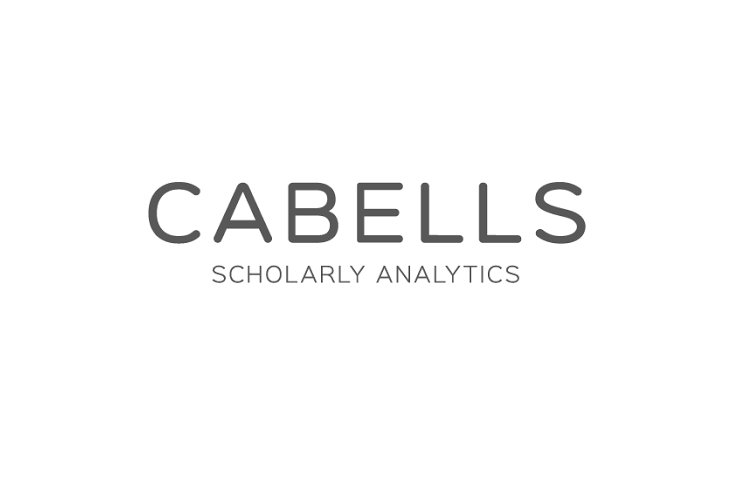
Cabells’ Predatory Reports database recently surpassed 15,000 individual predatory journal entries. This represents a nearly fourfold increase in the number of predatory journals listed since the resource launched in 2017 with 4,000 titles, showing consistent growth to keep pace with the ever-expanding universe of predatory publishing operators.
Cabells’ team of journal evaluation experts spearhead the maintenance and expansion of Predatory Reports by evaluating suspected journals against more than 70 behaviors indicative of deceptive publishing practices. Predatory Reports exposes deceitful publishing outlets to help stakeholders in academia protect research, funding, and reputations by recognizing and avoiding these exploitative operations. Journal evaluations are conducted with objective and transparent methodologies and provide a record identifying the journal and enumerating the practices found that counter legitimate journal established procedures.
Cabells’ Director of Business Relations, and head of the Predatory Reports team, Kathleen Berryman, said: “We’ve seen nonstop growth in the number of predatory publishers and journals in operation. A common denominator we see in many of these outfits is the lack of an effective peer review system, which leads to mistrust of the research because it hasn’t been checked by other experts. The research may be sound, even groundbreaking, but without evidence of robust peer review, readers can’t trust it’s valid.”
Cabells’ Marketing Director, Simon Linacre, said: “The increasing activity from predatory publishers to con academic researchers and defraud funders continues apace. Predatory Reports allows academics and their institutions to validate journal choices and resist the temptations presented by these false claims in offers that come their way.”
For more information on Cabells or Predatory Reports, visit https://www2.cabells.com/.






















